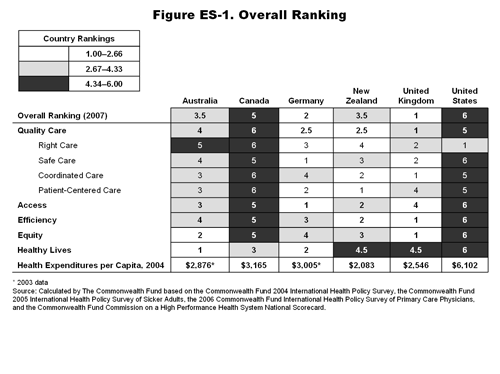In our efforts to improve the health of older adults, we often feel quite alone, even isolated. While we are fortunate to work with and provide support to many, many committed grantees in the health professions and service delivery, many other stakeholders seem to view the Foundation's work with mixtures of incomprehension, incredulity, and even hostility.
Even though Americans are becoming increasingly aware of the need to improve care for people with chronic disease, the fact that chronic disease, and particularly multiple chronic disease, is disproportionately a problem of older adults seems lost on most people and even many health care professionals.
Certainly our primary strategy of increasing the amount of geriatrics training future health professionals receive seems to puzzle most observers. I think this stems in part from our American assurance that we already have the best health care in the world. If you believe this, then it follows that our professionals must already have all the skills they need.
Unfortunately, as this assumption is UNtrue, the conclusion does NOT follow. The US ranked 37th internationally in terms of overall health system performance in a 2000 WHO report, and it would probably rank even worse if the measures used included more things relevant to care of older adults. For example, a 2007 Commonwealth Fund report ranked the US last in comparison to five other European and Pacific nations. Certainly we know that the quality of care for older adults looks quite a bit worse than that for younger adults--particularly when measuring the proportion of appropriate to inadequate care offered, as well as rates of hospital readmissions from the community and nursing homes.
Our analysis of the problem is that the lack of important skills among health professionals is among the primary causes of these failings. Among the many things professionals need to know are:
- the altered presentation of diseases among older adults from symptoms described in textbooks;
- the need for treatment plan modifications to fit with differences in physiology/metabolism, concurrent conditions, prognosis/life expectancy, cognitive status, patient preferences, and social circumstance/resources; and
- the need to work in interprofessional teams that include patient and family to meet the complex needs of older adults.
There is a real body of knowledge here that some supposedly competent professionals just don't have.
In the family stories we have offered in different posts, this knowledge could have made a real difference. For example, if the health professionals our families encountered had known of the dangers of rapid medication changes, that Alzheimer's disease has a gradual onset, or of the need to reconcile medications when people move across settings of care, they could have prevented at least one hospitalization, one rehospitalization, and lots of misery.
This is why we write (and fight) and fund. We believe that by articulating our own personal experiences in human terms, by discussing what we are learning in the field, and sharing the work of the Foundation's grantees we can contribute to improving the health of and health care for older Americans.
Editorial note: This post was included in the 2/18/10 issue of the Health Wonk Review.
